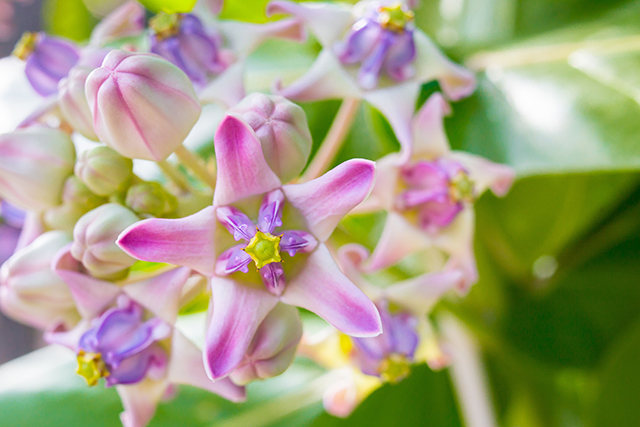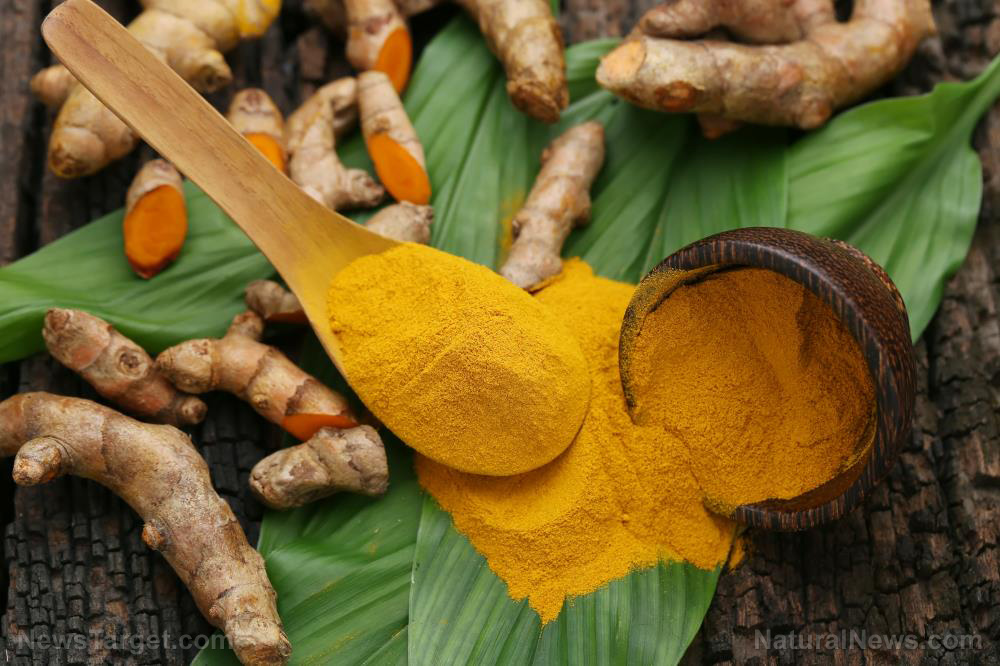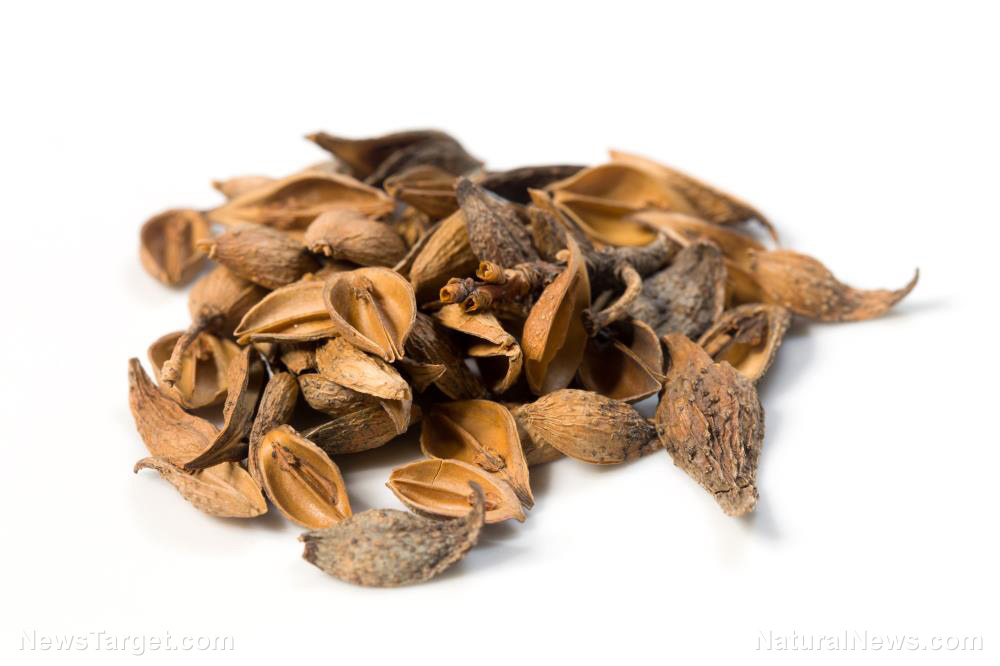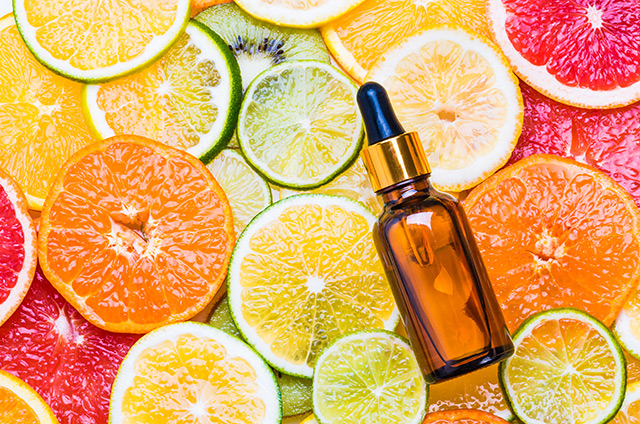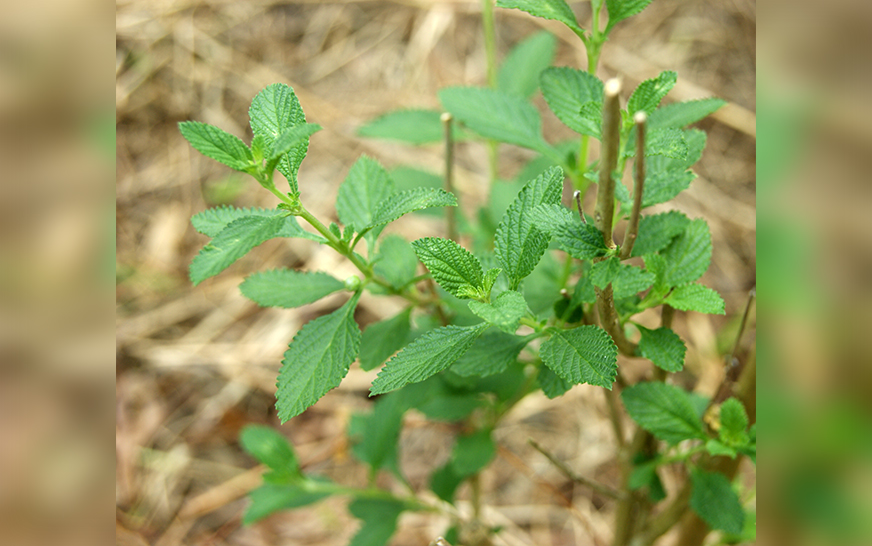Study: Benefits of essential oils for treating ADHD
03/15/2019 / By Amy Goodrich

Attention deficit hyperactivity disorder (ADHD) is a common brain disorder that affects both children and adults. Three key behaviors that interfere with functioning or development define ADHD: inattention, hyperactivity and impulsivity. These symptoms can vary from patient to patient. People with ADHD may find it hard to remain focused or follow instructions. They may face challenges with organizational skills, which could influence daily functioning, learning ability, social habits and even relationships.
Scientists are not sure what causes ADHD, and currently there is no cure available. Some treatments, however, can help reduce symptoms and improve day-to-day life. Treatments for ADHD include psychotherapy, education or training, medication or a combination of treatments. Stimulants are the most common type of drugs used for treating ADHD. However, these amphetamine-like drugs can do more harm than good. As reported by the National Institute of Mental Health, stimulants can increase blood pressure, heart rate and anxiety.
Now, scientific studies and anecdotal evidence have suggested that some essential oils may benefit people with ADHD, without causing any harm.
Lavender essential oil
Individuals with ADHD often experience sleep issues due to hyperactivity. Usually, they have trouble relaxing and falling or staying asleep. Researchers at the University of Minnesota found that inhaling lavender essential oil could help them to relax and improve their sleep.
Vetiver essential oil
Another study, published in the Journal of Intercultural Ethnopharmacology, investigated the effect inhaling vetiver essential oil has on the brain. They reported that vetiver may help people to stay focused and alert. After inhalation of the oil, participants showed an increase in their attention levels and brain activity. Furthermore, the researchers noted that it may also improve learning skills and memory.
Rosemary essential oil
Higher concentrations of one of the main volatile compounds in rosemary essential oil, called 1,8-cineole, may help to keep the mind sharp. One study found that volunteers with higher levels of 1,8-cineole in their bodies performed better at cognitive tests, both in speed and in accuracy. Furthermore, participants with higher levels also reported feeling more content.
Other essential oils
Other essential oils that have been shown to be beneficial for ADHD patients include frankincense, ylang-ylang, bergamot, eucalyptus, lemon and cedarwood. While there is not enough scientific evidence to confirm the benefits of these essential oils, they have proven effective in the treatment of many patients’ symptoms. Cedarwood oil is said to have relaxing and sedative effects, and both lemon and frankincense essential oil can improve focus. (Related: Essential Oils Contain Healing Properties.)
How to use essential oils for ADHD
Essential oils are very potent and concentrated natural remedies. Medical News Today recommends visiting a physician before starting any treatment with essential oils to check for possible interactions with other ADHD medications.
To do their magic, essential oils can be diffused throughout your home. They can also be added to a carrier oil for topical use or in your bath water. It is crucial to dilute the oils and check for possible allergies. If applying them topically, dilute a few drops in a carrier oil like coconut, almond, olive or grapeseed oil. Always try the mixture on a small patch of skin first to check for allergies. If redness or a burning sensation occurs, stop topical use immediately.
Also, children under 10 should not use essential oils containing 1,8-cineole as their bodies and immune systems are still developing.
Sources include:
Conservancy.UMN.edu [PDF]
Tagged Under: adhd, alternative treatments, Attention deficit hyperactivity disorder, brain health, essential oil, natural cure, natural cures, natural remedies
RECENT NEWS & ARTICLES
COPYRIGHT © 2017 ALTERNATIVE MEDICINE NEWS




